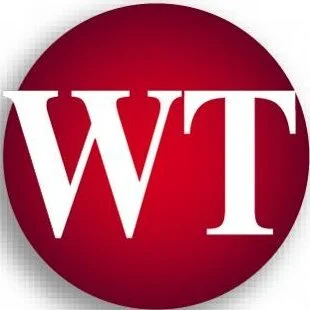Anti-Asian prejudice in the U.S. is an old story with a modern twist. Japanese people were placed in internment camps after Japan bombed Pearl Harbor in December 1941. Franklin D. Roosevelt, the American president through the war, viewed them as a security threat. Chinese immigration was banned for a time after thousands came from China in the late 19th century to work on building railroads.
In its reincarnation, Asian Americans of widely differing national and racial backgrounds are vilified and sometimes attacked. Violence has increased since the outbreak of what Donald Trump as president called the “China virus.” Almost every day you hear of someone punched or knocked down. More often, Asian Americans are jeered or threatened, verbally if not physically.
“Bigotry and brutality targeting Asian Americans has spiked over the past year as racist rhetoric linked to the coronavirus has soared,” says the Daily News,“New York’s hometown newspaper.” Since March “shunning, spitting and violent physical assault were among the 3,795 incidents reported by victims nationwide,” the article goes on, citing figures compiled by the group Stop AAPI (Asian American Pacific Islander) Hate.
Show business names as diverse as Korean American comedian Margaret Cho and Chinese American playwright David Henry Hwang talked about experiences ranging from physical attacks to snubs to name-calling. “It’s really more about being very invisible within Hollywood, within the media,” Cho is quoted as saying. “It’s very weird when you’re just excluded from the conversation.” Hwang, who was stabbed in the neck a few years ago in Brooklyn, observed that “Asians have always been stereotyped as perpetual foreigners.”

